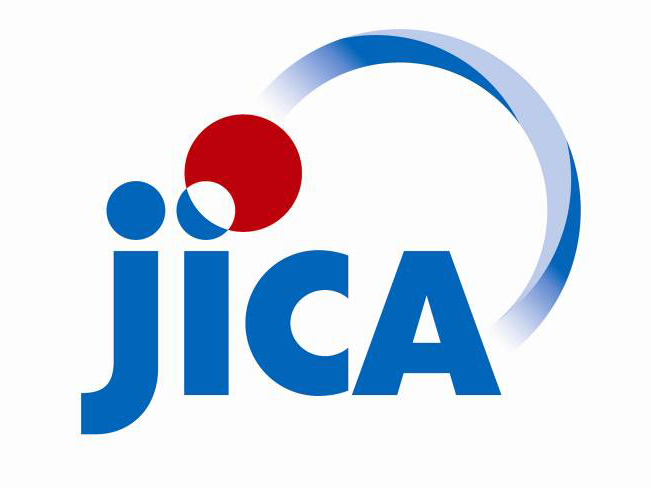Japan’s US$1.20b development aid package to Bangladesh facing delay
 Japan’s nearly US$1.2 billion soft loan for five development projects is facing delay despite Bangladesh government’s efforts for confirming the assistance, officials said Wednesday.
Japan’s nearly US$1.2 billion soft loan for five development projects is facing delay despite Bangladesh government’s efforts for confirming the assistance, officials said Wednesday.
The loans are arranged under the Tokyo-assured 36th development aid package.
Gloomy business and political environment as well as increased dependence on a certain bilateral donor country are cited as major reasons behind the delay.
“Deal on the nearly US$1.2 billion assured loan was scheduled to be signed with the Japan International Co-operation Agency (JICA) by March this year. Political impasse and government’s increased dependency on a Japanese rival country are the key reasons for the delay,” said a senior government official.
The Japanese donor agency, to mention, had completed negotiations with the Bangladesh government nearly six months ago and assured confirming the loan by March this year.
“Bangladesh has requested repeatedly JICA’s Dhaka office to finalise the 36th Official Development Assistance (ODA) package as soon as possible. But the Japanese side is neither giving a schedule for signing the agreement nor any reasons behind the delay,” said a Ministry of Finance (MoF) official.
Another MoF official said a JICA mission is expected to visit Dhaka in the next days when the issue of the pending aid-package deal would be raised.
A special economic zone (SEZ) exclusively for Japanese investment is the priority one among the five infrastructure-development projects Japan has chosen in Bangladesh under the 36th ODA package. The main objective of the proposed Japanese financial support is to develop an exclusive SEZ in Chittagong to bring in investment from the world’s third-largest economy to Bangladesh. The Bangladesh government’s plan to take back 2,000 acres of land out of nearly 2,500 acres from the US$1.2 billion Korean Export Processing Zone (KEPZ) might have irked Japanese about the security and climate of investment in Bangladesh. Nobody would be surprised if the Japanese would initiate reassessment of the investment climate and risks in Bangladesh.
The four other projects in the package are: Dhaka-Chittagong national power grid strengthening; western Bangladesh bridge improvement; maternal, neonatal and child health care and local government improvement.
A top government official delves deep to specify some dampers on the Japanese mood, which include government’s bonhomie with China in matters of co-operation — apparently as Tokyo was in a sort of cold war with Beijing over the South China Sea. “The government has recently ignored some of Japan’s financing proposals for some development projects. But the government has accepted the Chinese financing proposals on the same projects. This incident may have irked Japan,” he said.
A mission from the JICA visited Dhaka in September last year to work out detailed financing plan for the five proposed projects. The mission report in Tokyo may have indicated investment climate and risks besides differences of the political and diplomatic views between the two countries contributing to the delay.
My recent visit to Japan allows me to believe that the Bangladesh government may still utilise the chances to breakthrough this deadlock by having “a cup of tea” with the newly accredited Japanese envoy to Bangladesh in an open and honest dialogue, listening carefully to his government’s concerns and reservations about the 36th ODA. Should Bangladesh be in a position addressing those issues in appropriate and proportionate manner the much needed “good news” for the investment climate for foreign direct investment (FDI) in Bangladesh may be achieved. Given the current geo-political and strategic reasons it is equally important for Japan exploring new manufacturing, assembly, production and investment destinations in the South Asian region for reducing dependency on China.